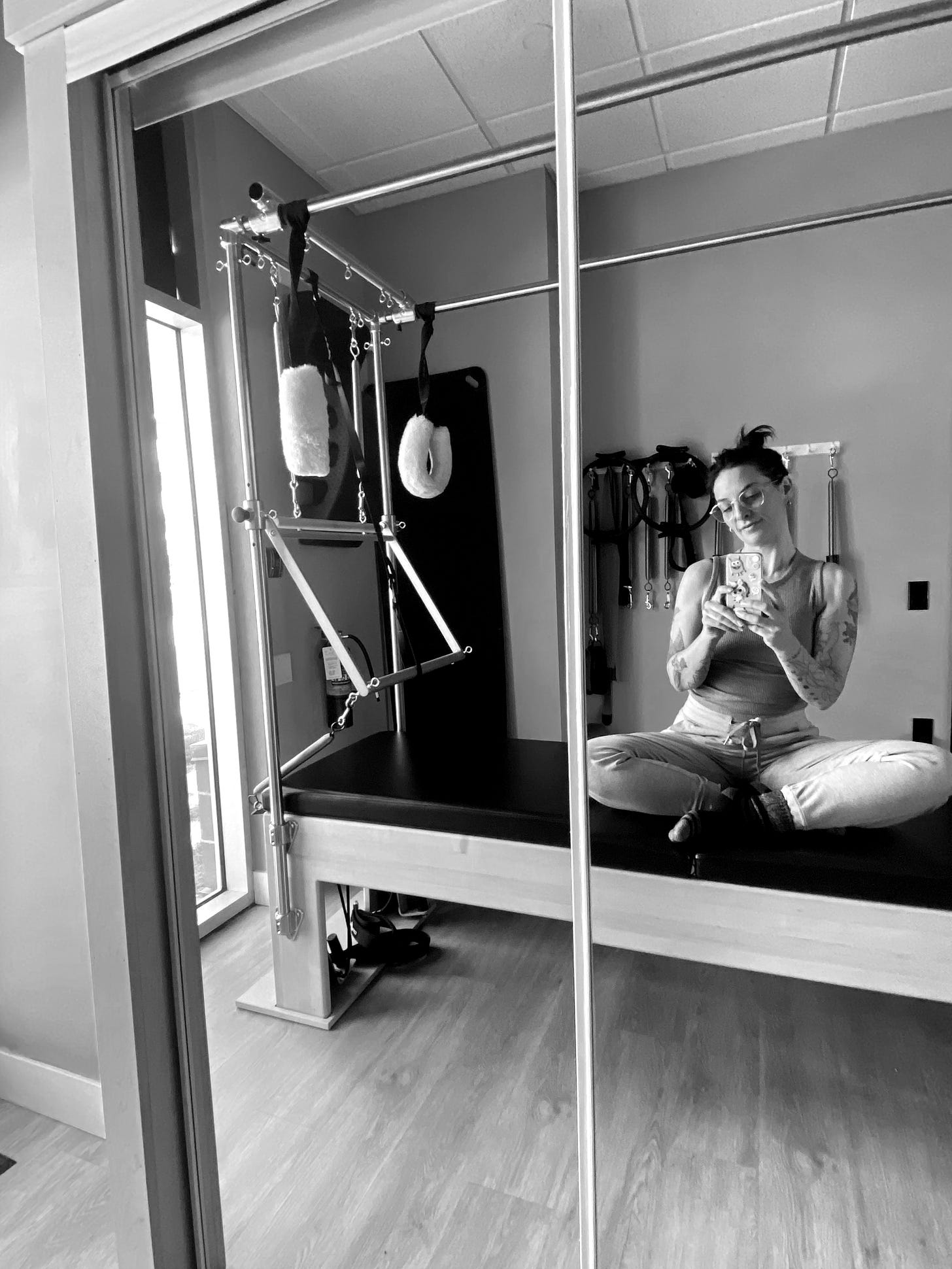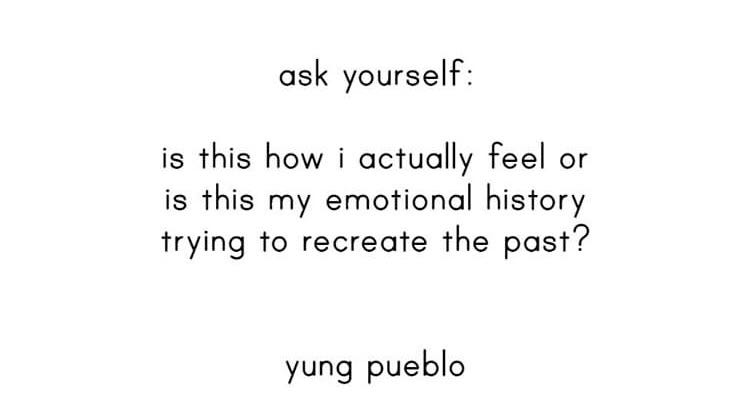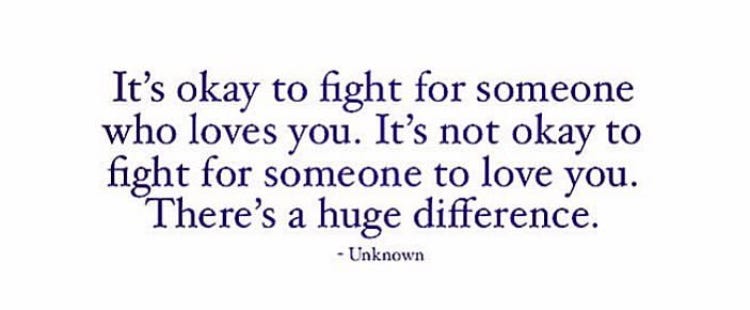How often do you move through relationships thinking you’re helping, when in reality, you’re steering, pushing, or even controlling the situation?
You mean well, but your desire to protect or guide can quickly become an unconscious need to shape someone else’s path. It’s subtle, almost invisible, but it’s there—the creature within you that’s clinging to old habits, leading you to control or fix.
These are the very shadows that keep you trapped in cycles you think are “love,” that you think help you feel connected and trusting you “belong,” but they are patterns of fear and unconscious projections of your own unmet needs—the things you want most for yourself.
Let’s start with something that happens more often than you’d like to admit.
You’ve been in a situation where you’re just trying to help—offering advice, nudging someone in a better direction, or subtly guiding a conversation. It doesn’t seem like a big deal at first, right? You’re just talking. This is your friend, your family, your lover. You love them! But underneath that interaction, something deeper is happening. You’re not just having a conversation—you’re trying to steer the other person’s outcome, choices, and mindset. You’re pushing. You’re fixing. You’re controlling. And here’s the thing: most of the time, it’s so subtle, you don’t even realize you’re doing it.
You convince yourself that you’re “helping.” But real help, real love, doesn’t look like pushing someone into your version of what’s best. It doesn’t look like controlling their decisions or guiding them from a place of fear or need. That’s not love—that’s control. That’s the creature of habit inside you, stepping out of your soul’s integrity and, often, crossing the very boundaries that are supposed to create safety and respect in a relationship. This is your inner creature habitually neglecting your own desires and your deep need for this kind of “love”—attention, compassion, and supported action.
This control is rooted in fear. It’s not just fear of losing the other person, but fear of not being enough, of not belonging, or of losing control over something that feels uncertain. In those moments, it might feel as if the ground beneath you is slipping, and you grab onto someone else’s life, thinking that if they’re better, you will be better—when really, you’re searching for stability for yourself. It’s a grasp at belonging, believing that if you can shape their choices, you’ll find your place too. You step in, offering advice, or even try to fix the situation, thinking you’re being helpful. But in truth, it’s your own discomfort, your need for control, that drives you to intervene.
This fear comes from a deeper place—often rooted in your own unmet needs or unresolved wounds. Perhaps you weren’t supported in a way that made you feel safe or that you truly belonged growing up, or maybe you learned to feel responsible for others’ emotions. So, you developed this pattern of overstepping boundaries, believing that if you could fix others, you’d somehow fix your own longing to belong.
Control often disguises itself as care—nudging someone toward what you think is “best” for them. But the more you try to guide someone else’s decisions, the more you lose sight of your own integrity. You disconnect from your own sense of belonging because you’re too invested in the outcome of someone else’s life. Control is not about love; it’s about your fear of what might happen if you let go. And when you act from this place of fear, you cross both your own boundaries and the boundaries of the other person, leading to resentment, frustration, and disconnection—not love.
Boundaries are key to fostering healthy, thriving relationships. They’re not just about keeping people out or saying no—they’re about protecting your emotional and energetic sovereignty. Healthy boundaries allow you to stay true to yourself and what you need without overstepping into someone else’s life. When you overstep those boundaries, you lose sight of who you are and where your responsibility ends. You compromise your own sense of self-belonging, trying to “fix” someone’s life because you think their journey will somehow validate yours.
When you cross those boundaries, you send the message that you don’t trust the other person to lead themselves—and often, this is rooted in your own unspoken fear that you won’t be enough, or that without fixing them, you won’t belong. The truth is, love is about allowing the other person the space to lead their own life, even if you think you know what’s best. Yes, even if it is glaringly obvious the choices they are making are bad. Your role is not to steer their path; it’s to belong fully to yourself and to stay on your path.
You’ve often been conditioned to believe that love means sacrificing yourself and giving everything, even at the cost of your own integrity, joy, and peace. But real love doesn’t erase boundaries; it honors them. The more you try to fix someone, the more you erase the boundaries that make a relationship healthy and sustainable. When you step into the role of the fixer, you take on a responsibility that doesn’t belong to you. You’re telling the other person that they aren’t capable of leading themselves, and you’re sending the message that you don’t trust their ability to navigate their own life. This creates a dynamic of codependency, where one person always leads and the other follows. One becomes the anxious attachment, constantly seeking to fix and heal, while the other takes on the role of the avoidant, emotionally distancing themselves from the situation. This dynamic compromises both people’s sense of self-belonging and creates tension, often leading to anger and resentment.
You call that love?
Codependency often looks like care, but at its core, it’s just control—it’s mistrust. One person becomes the fixer, while the other becomes dependent on being fixed. The boundaries are non-existent, and the dynamic shifts into something angry, detached, and unhealthy. For natural givers or healers, it’s an easy trap to fall into. You think you’re helping, but really, you’re feeding the creature within—this shadow side of you that clings to old habits of control, and keeps you from truly connecting with others and yourself. Belonging or love doesn’t come from fixing others; it comes from being in your own integrity. You will never prove to someone that you are loveable by giving everything to them, you have to show them your worth in how you take loving action for yourself.
So, how do you break free from these patterns?
It starts with reclaiming your leadership—not over the other person, but over yourself. You are responsible for your own healing, growth, and actions. Trying to fix or control someone else doesn’t just harm them—it disconnects you from your own power and sense of belonging to yourself. When you focus on your own boundaries, your own integrity, you allow others the space to do the same. True leadership in a relationship is about showing up fully as yourself, belonging to yourself first, honoring your needs, and allowing the other person to do the same.
Integrity means being honest—with yourself and with the people you love. It means asking the hard questions: Am I really helping, or am I controlling? Am I giving from a place of love, or from a place of fear? When you act from integrity, you don’t need to fix or control anyone else to feel secure. You trust that both you and the other person are capable of leading your own lives and that your belonging isn’t tied to whether they “get it right.”
Boundaries are the foundation of this integrity. They protect your energy, your emotional well-being, and your sense of self. Without them, you lose sight of who you are, and you start to take on responsibility that doesn’t belong to you. Boundaries are the opposite of control; they are freedom—to be fully yourself and to allow the other person to do the same. Boundaries allow you to belong to yourself first.
Letting go of control is difficult. Stepping into the unknown is scary, especially if you’ve spent your life feeling like you’re the one holding everything together. But when you let go of control, you’re not giving up power—you’re reclaiming it. You are choosing to belong to yourself. You’re reclaiming your power over yourself, your choices, and your energy. When you stop trying to control others, you create space for real connection, for both of you to show up fully as you are.
If the other person continues to fall into patterns of dependence or refuses to meet you with integrity, it’s time to reassess the relationship. Healthy relationships are built on mutual respect, humility, and reciprocity, where both people show up fully, lead themselves, and support each other’s growth.
Breaking free from these old patterns means stepping into your integrity. It means holding your boundaries, letting go of the need to fix, and reclaiming your power over yourself. When you stop trying to control others, you open up a space for real love and connection to grow. Both parties are there by choice, not obligation. Love and a harmonious relationship are never about the other person. It’s about you, standing in your integrity, aligned with your values, and trusting that as you do that, those who align will continue to build with you, and those who don’t will naturally fall away. True love grows from this foundation—grounded in trust, mutual respect, and the freedom to choose authentically.






